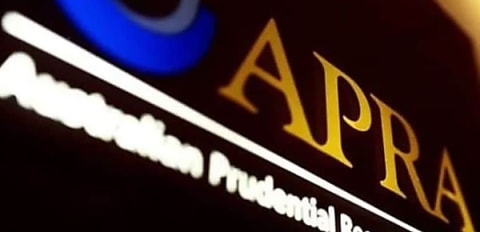The Australian Prudential Regulation Authority (APRA) has announced that In1bank, a Chinese-founded neobank, has been granted an unrestricted licence to operate as an authorised deposit-taking institution (ADI).
This comes after In1bank had previously received a restricted ADI in December 2019, with the licence extended until June 2023.
The lender offers digital banking services for individuals and small businesses.
The neobank prides itself on using cutting-edge, “agile, and cloud-native technology without the legacy issues faced by traditional banks”.
In1 bank now joins neobank Alex Bank to be granted a full banking licence, however, it remains in the “launch” phase.
The bank aims to go beyond traditional banking services and create “integrated value-adding digital products, services, and experiences for individuals and small- to medium-sized enterprises (SMEs)”.
APRA tightens requirements
On 11 August 2021, APRA brought in “stronger requirements” for those wishing to be granted a banking licence.
New banking entrants now need to launch both an income-generating asset product and a deposit product before they can secure a full licence under APRA’s new standards.
The new standards came in the wake of Xinja Bank’s closure in 2021, which saw the transfer of $252 million to customers with the remaining to National Australia Bank.
One year later the shock announcement of neo-lender Volt Bank — the first Australian RADI — also handed back its licence after it could not raise the necessary capital, raising questions around the strength of RADIs.
[Related: Personal lender becomes full bank]

